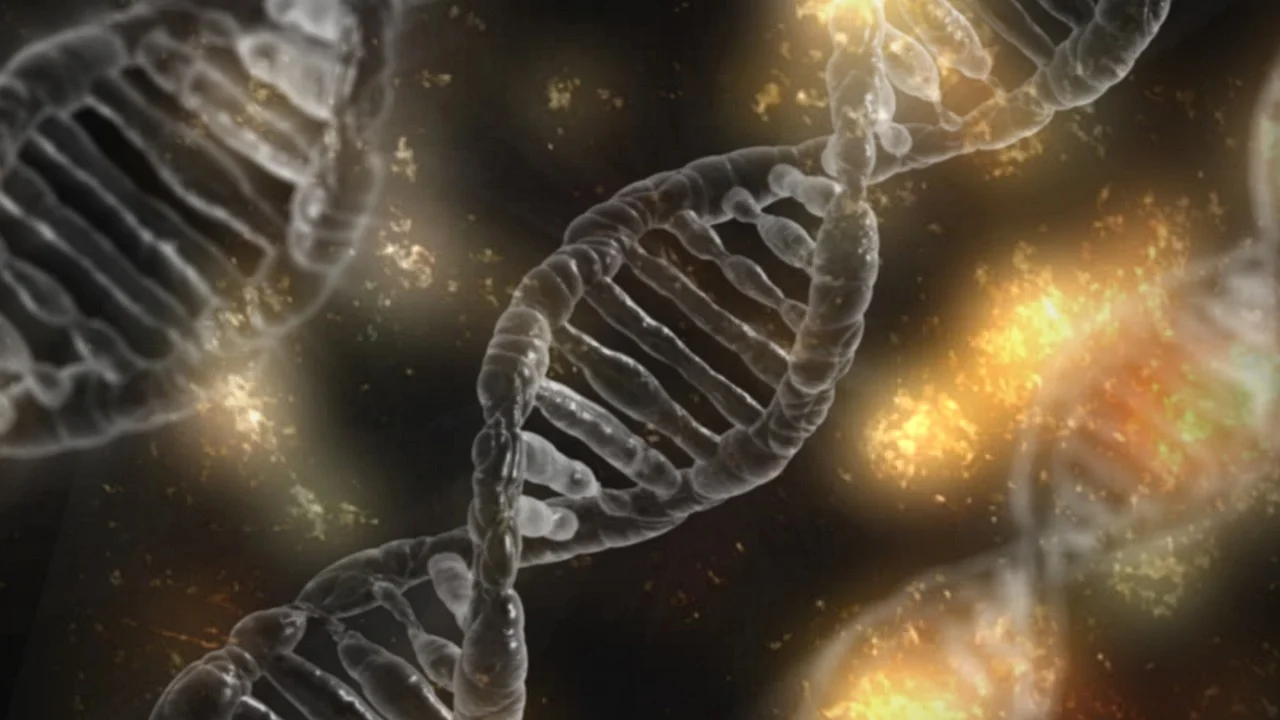Until a few years ago, the matter seemed to be a clear case: once a person is born, there is no turning back for the organism. Whether skin or hair, fat or blood – it was believed that no specialized cell in the body can ever become anything else than it is.
But this dogma has fallen. Initial studies have shown that mature body cells can be transformed into all-rounders similar to embryonic stem cells. Like them, the reprogrammed cells have an intriguing ability called pluripotency: they are able to make any of the body’s more than 200 cell types. It is hoped that this will make it possible for the first time to treat previously incurable diseases such as Parkinson’s or diabetes using the patient’s own healthy replacement cells.
It is still unclear how pluripotency arises in detail. However, Hans Schöler and his team have come a good deal closer to finding the answer to this question. The researchers were able to show that a gene called Oct4 plays a key role. Normally it is only active in two types of cells that are completely immature: embryonic stem cells and egg and sperm cells. In all mature cells, on the other hand, it lies in a kind of slumber. If you want to turn them into pluripotent cells, Oct4 has to be specifically awakened from them.
Several methods are already available for this today. So far, however, none of them is optimal. The aim of the MPI research team is therefore to develop methods with which the reprogramming is not only more targeted, but also as gentle as possible.
Source
www.mpi-muenster.mpg.de/15375/schoeler

